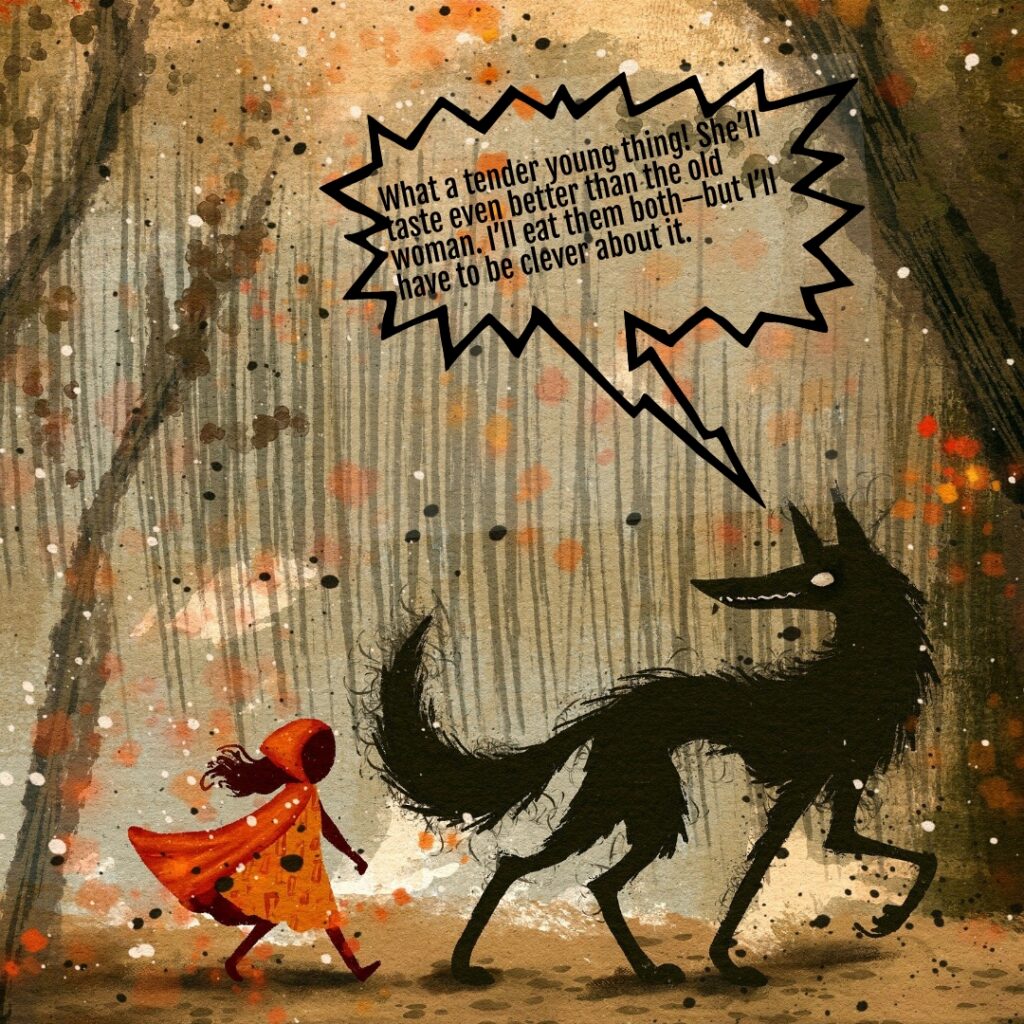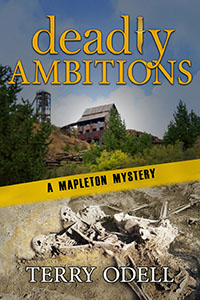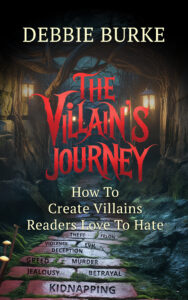
Scams and scammers are as old as the Bible (and fairy tales). Check out Genesis 27, where Moses records Jacob’s scheme to scam his brother Esau out of his inheritance with the help of his mother. Nowadays, dream stealers use the internet to ply their trade. If you’re a writer, you’ve probably received at least one letter telling you how wonderful your book is and how the sender can get you more sales or a movie contract. Some are quite well-written, and at first glance, sound like a wonderful opportunity. I copied this one from an email I received:
Dear Patricia, (Times New Roman font while the rest of the message is in Verdana)
I hope this email finds you well. My name is Jonathan Fuhrman, and I am a Senior Production Executive at Castle Rock Entertainment reaching out to you on behalf of my team. We are currently on the lookout for captivating books that have the potential to be adapted into compelling content for Castle Rock Entertainment, either as a series or a full-length feature film.
We have an exciting opportunity for a potential collaboration. We believe that your book has the potential to translate beautifully onto the screen, and we’re keen to explore the idea of adapting it into a feature film.
I would love to invite you to sit down with me and some of our investors to discuss this opportunity further. It’s a chance for us to brainstorm ideas, share our vision for the project, and explore how we can work together to bring your story to life on the big screen.
Additionally, we are prepared to offer a contract that outlines the terms of our collaboration, ensuring that both parties are clear on expectations and benefits.
I understand that this is a big decision, and there may be questions or concerns you’d like to address before moving forward. Please know that I’m here to answer any queries you may have and to provide any additional information you require.
Please let me know a convenient time for you to meet, and I’ll make sure to coordinate with our team to arrange everything accordingly.
Looking forward to the possibility of working together and bringing your vision to audiences worldwide.
Warm regards,
Jonathan Fuhrman
EVP and Head of Business Affairs
E:Jonathan@castlerockentertainment.com
A: 335 N Maple Dr, Beverly Hills, California
Can you imagine how I felt? Jonathan Fuhrman! The Jonathan Fuhrman and Castle Rock Entertainment! If you’re like most writers, including me, you have dreams of seeing your book on TV or the big screen. But you know the old saying…if it sounds too good to be true, it probably is.
My first niggle of doubt started with the greeting. It was a different font than the rest. My second niggle—if Castle Rock Entertainment found me and my book on the ‘net, why didn’t they discover I had an agent? That’s who they should have contacted. So I googled Jonathan Fuhrman and Castle Rock Entertainment scams, and there it was along with the story of a woman who’d responded to the email and lost a bunch of money. The money wasn’t why she was so angry, though. She was angry because the scammer had preyed on her dreams and had gotten her hopes up, only for them to come crashing down. She was left feeling like a fool for not recognizing the email for the scam it was.
Always check, double-check, and even triple-check someone’s credentials before giving them your money.
Another email popped into my inbox with the following subject line and greeting: Re: Fatal Witness (Pearl River Book #2) — A K-9 Cold Case, Buried Identities, and a Relentless Search for Truth
Dear Bradley Caffee,
I hope you have been well. I wanted to gently reconnect regarding my previous message about a potential feature conversation centered on Sides. (Note: I don’t have a book by that title, and my name isn’t Bradley Caffee.) What continues to stand out to us is not only the high concept premise of Zero Hour and avatar transformation, but the psychological and ethical undercurrent running beneath it. The idea of players physically becoming their digital selves feels less like spectacle and more like a sharp metaphor for the identities we curate, inhabit, and sometimes lose control of in an increasingly immersive world. The national countdown atmosphere, the cultural frenzy, and the ripple effect of a single design decision all contribute to a narrative that feels both gripping and unsettlingly plausible…
Evidently, the AI program got its books mixed up.
The problem is, despite their mess-ups, AI is getting better and better at sounding authentic. One excellent site for checking for scammers is on Writer Beware. Here’s the link: https://writerbeware.blog/2024/03/15/the-impersonation-list/
Now it’s your turn, TKZ. Any tips or comments on avoiding scammers?



 Many believe those who procrastinate are lazy or unmotivated. It can be true of some, I suppose. Most, however, are caught in a torturous loop that stems from the brain. Once you fall prey to these endless cycles, it’s difficult to claw your way out.
Many believe those who procrastinate are lazy or unmotivated. It can be true of some, I suppose. Most, however, are caught in a torturous loop that stems from the brain. Once you fall prey to these endless cycles, it’s difficult to claw your way out.







